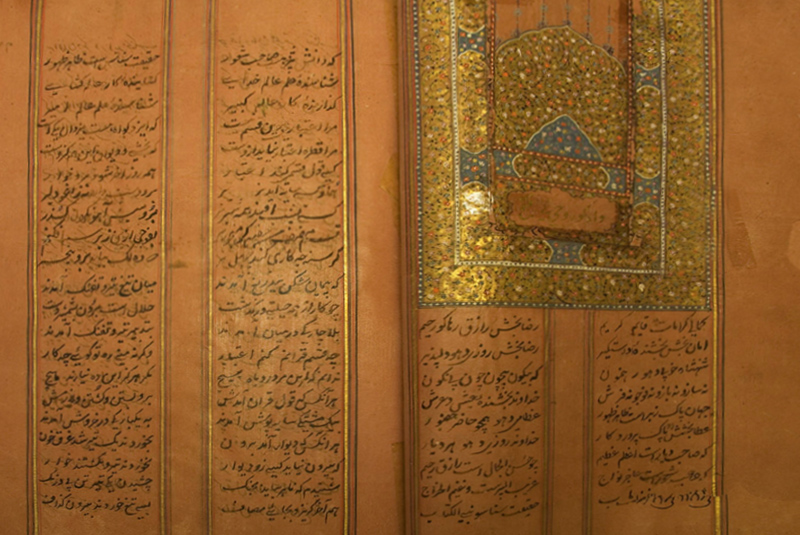In 1705, the Mughal Emperor Aurangzeb, then based in Ahmednagar in the Deccan, received a letter. It came from Bhai Daya Singh and Bhai Dharam Singh, representatives of Guru Gobind Singh, the tenth Guru of the Sikhs.
Titled Zafarnama, meaning the Epistle of Victory, it was written in lyrical Persian and consisted of 111 verses. Defiant in its tone, it laid out the emperor’s shortcomings as an individual, and as a leader. That the Zafarnama chose to adopt this tone was unusual.
By 1705, Guru Gobind Singh and his band of Sikhs were in a difficult position. For almost a century – ever since the Emperor Jahangir ordered the execution of Guru Arjan Dev, the fifth Guru, in 1606 – the Sikhs and the Mughals had been at loggerheads with each other.
Originally a community devoted to prayer and spirituality, the Sikhs had, since Guru Arjan’s martyrdom, reinvented themselves as a community of Sant-Sipahi (saint-soldiers) willing to take up arms to fight for justice. As Guru Hargobind and Guru Har Rai sought to mould the community into one capable of defending itself, repeated clashes with the Mughal Emperor had become the order of the day.
-30-
Copyright©Madras Courier, All Rights Reserved. You may share using our article tools. Please don't cut articles from madrascourier.com and redistribute by email, post to the web, mobile phone or social media.Please send in your feed back and comments to [email protected]











